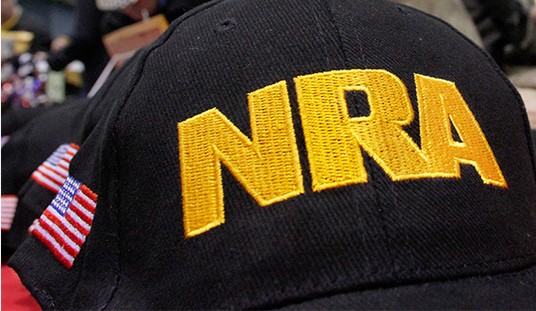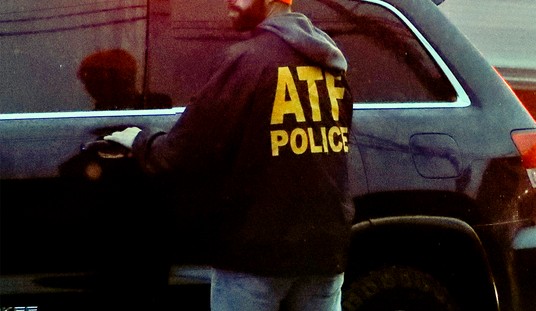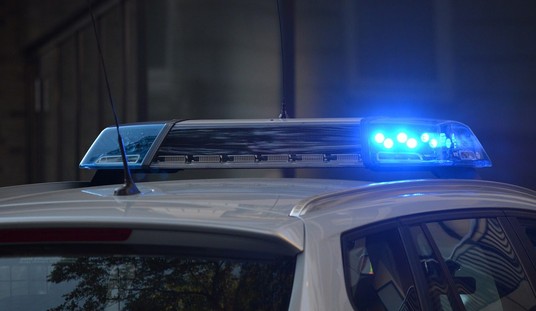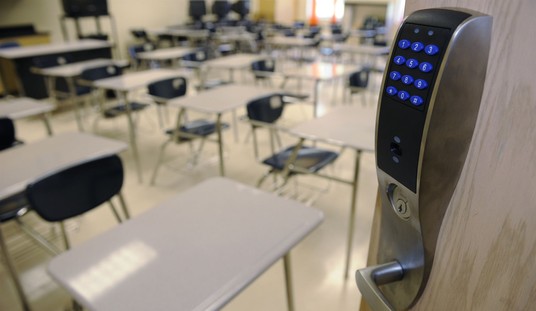As part of the Bearing Arms Against Domestic Violence campaign, we’re running a 7-part series on how seven prominent women in the firearms industry, hunting world and Second Amendment advocacy groups handle gun safety in their own homes.
In part 6, we asked Jana Waller, Julie Golob, Stacy Washington, Natalie Foster, Shaneen Allen, Katie Pavlich and Nikki Goeser to share their personal philosophy on firearms training and gun safety.
What is your personal philosophy on firearms training? Do you think it’s a good idea for people who aren’t gun owners to take a gun safety or training class?
WALLER: I think most people who are fighting for stronger gun control simply do not know guns. If they became more familiar with firearms personally I believe they would understand that the guns themselves are a positive thing. They would know what to do if by chance they found a gun and quite possibly desire to become a gun owner after taking a class. There is so much negative stigma in the media about guns but if we could educate the public about safety and have the “good guys” carry as much as the bad guys I truly believe this country would be much safer.
GOLOB: One of the reasons I love sharing the shooting sports is because of the many benefits — persistent safety reminders, gun handling skills and marksmanship to name just a few. Firearms training, whether for sport or protection, gets people thinking about and out using their firearms in a safe manner. Personal protection firearms are not something to purchase to simply have. They are tools that should be stored safely and respected through proficiency.
WASHINGTON: My Firearms Training Philosophy? Everyone gets training in High School. If I had my way every American would know how to handle a firearm. This is wonderful for military readiness, and protection of the Homeland. It would also inoculate us against mass shootings by demystifying guns and their operation. If the only experience an American has with guns is seeing a person fly 25 feet after being shot with a handgun in a movie, they aren’t ever going to be ready to disarm an attacker at a mall or movie theater. (hint: hand guns don’t propel full grown humans back off their feet 25 feet. Or even 10 feet. Just sayin’!)
FOSTER: Regardless of whether you are a gun owner, I think it is critical to take gun safety training. Think of it like swimming lessons. At some point you are going to be around a body of water and you need to know how to handle yourself safely in that situation. The same idea applies to firearms. Additionally, I have found that I learn more about situational awareness, legal boundaries and other self-defense principles through firearms training than any other training. These lessons are universally valuable.
 ALLEN: I believe that everyone who is even considering a firearm purchase has a responsibility to educate him or herself in order to prevent accidents and tragedies. Given that firearms are a part of American culture, it makes sense to know what to do in the event that even if you don’t own a firearm you find yourself having to clear one to make it safe or fire one to ensure your own safety.
ALLEN: I believe that everyone who is even considering a firearm purchase has a responsibility to educate him or herself in order to prevent accidents and tragedies. Given that firearms are a part of American culture, it makes sense to know what to do in the event that even if you don’t own a firearm you find yourself having to clear one to make it safe or fire one to ensure your own safety.
PAVLICH: Training is an essential component to owning a firearm and being able to use it when a dangerous moment presents itself, both with skills and mental capability. As Gunsite founder Col. Jeff Cooper used to say, “Owning a piano does not make one a pianist any more than owning a handgun makes one a good shooter. Only an effective, safe and authoritative program of study can guarantee that in a moment of danger you will act to protect yourself, your loved ones or the ones you are sworn to with self defense firearms training skills.”
Purchasing and owning a firearm is a very personal choice and it isn’t for everyone. That being said, being educated about why people choose to do so is vitally important to being more comfortable around firearms and to understand the issue when it comes up in the media. Firearms owners are good, safe people and when those who may not own firearms educate themselves on the issue they quickly understand this factual concept.
GOESER: My personal philosophy is to train & keep training. It is just like anything else, if you want to be proficient, you must practice/train. Part of training is understanding the costs and benefits of firearms. As Communications Director for the Crime Prevention Research Center, I encourage those interested in firearm ownership to visit our website at www.crimeresearch.org. The CPRC is a research and education organization dedicated to conducting academic quality research on the relationship between laws regulating the ownership or use of guns, crime, and public safety; educating the public on the results of such research and to provide an objective and accurate scientific evaluation of both the costs and benefits of gun ownership as well as policing activities.
For those who do not own firearms, it is still important to understand the costs & benefits of firearm ownership and receive very basic safety instruction. Especially if you have family members or friends you are around who do own/carry firearms. Firearms can be very dangerous if people around them do not understand basic safety rules and follow those rules.










Join the conversation as a VIP Member